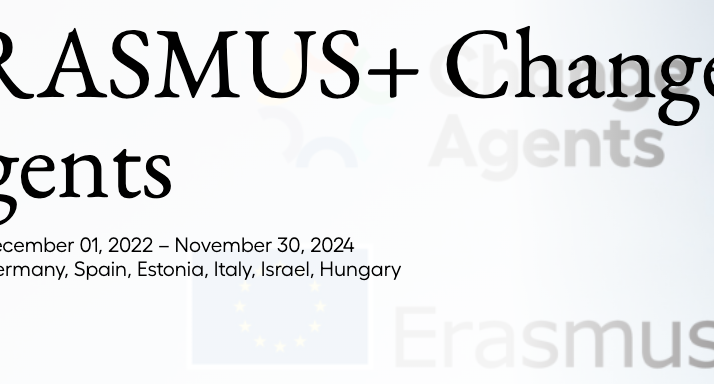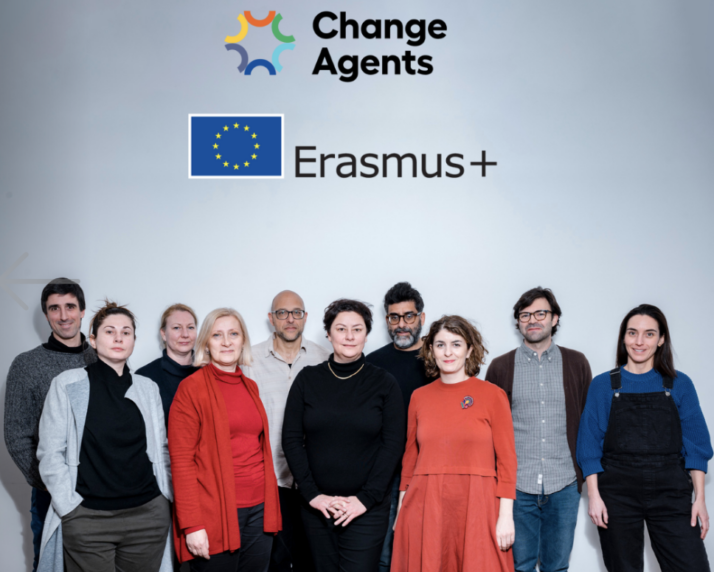26.10.-30.10.20, 10-16 Uhr
Fieke Jansen, Marieke van Dijk, Bianca Herlo
The use of technologies that monitor and identify us while we are walking the streets, or in some cases even reads our medical conditions when we are in the park, might have felt like a distant future, however it is slowly turning into reality. At the moment:
- Real estate developers are experimenting with the use of facial recognition systems to monitor those who walk past their property in central London.
- European police forces who are testing speaker recognition systems that allow them to trace people live across the telco infrastructure or identify individuals on Youtube.
- Drones are used in Brussels to help enforce the Covid 19 lockdown, or in some countries they can read our body temperature while walking to the shops through thermal imaging.
- There are projects that are trying to read human emotions in the wild by analyzing facial, vocal and verbal behaviour with the ultimate purpose of selling us more stuff.
These technologies are implemented without much public debate, and come at a great expense of our human rights and more specifically are disproportionatly impacting racialized, gendered and impoverished communities. To counter these negative impacts and shape a more positive agenda the practice of resistance has been a crucial force to include values such as openness, the commons, privacy, equality, autonomy and solidarity in technology and policy. As the use of tools like facial recognition in the public domain affects all of us, there is a need to trigger a broader debate on how we want our society to be organized. Taking cue from artists who have questioned the use of invasive technologies in public space, like Adam Harvey’s Stealth Wear that aims to “reflect thermal radiation, enabling the wearer to avert overhead thermal surveillance”, as such questioning drone warfare and Noma studio’s Incognito2 anti-facial recognition jewellery showcases the length to which individuals have to go to remain anonymous in a public space. We want to explore how to bring critical questions about the use of new technologies into the light.
In this course, as such we will be questioning the explosion of new technologies like sensors, facial recognition or drones that monitor our every move, along with discussing topics like structural discrimination and classism in our society. We want to ask how can designers work for and shape a fairer technological world? The aim of the seminar is to develop a differentiated attitude towards the subject area and to develop ideas for low tech design and fashion interventions that play with the weaknesses of invisible surveillance technologies. Together we can be daring, creative and question the ubiquitous use of it in public spaces, and pioneer design that puts privacy, solidarity, equality and the human at the center.
We emphasize on interdisciplinary work; the results will be shown in the form of a small presentation, and if possible, exhibition.
We will approach the topic with lectures, texts, group work, discussion and small exercises.
No previous knowledge necessary. Language: English
Fieke Jansen is a PhD candidate at the Data Justice Lab, as part of the ERC funded DATAJUSTICE project. She looks at the effects of data on society. Her research focuses on the impact of implementing data driven decision making in European police forces. Prior Fieke worked at Tactical Tech and Hivos on data, privacy and digital security programs and lead a knowledge program on the intersection of youth, technology and activism.
Marieke van Dijk is a strategic design lead at idiotēs. A design research agency based in Amsterdam in times of complexity, chaos, and contradictions. Working on new concepts for more social and sustainable society. Clarifying vision and strategy: questioning, understand, co-design and implement. The near future will be nothing like the recent past. that’s why we need more empathy, integrative thinking, optimism, experimentalism, and above all: collaboration. Marieke has University degree, M.Sc. in Design Research and B.Sc. in Industrial Design.
Dr. Bianca Herlo is a researcher and lecturer based in Berlin and postdoc at the Design Research Lab with focus on digital and social divide, digital participation, design and digital transformation. She is head of the research group “ Inequality and Digital Sovereignty” at the Weizenbaum Institute Berlin. Over the last years, she has been working on participatory design methods, transdisciplinary and collaborative settings and on the conceptualization of socially oriented living labs.
Please register with Emilia Knabe: e.knabe [@] udk-berlin.de



